It is said that Kosovo is the 27th canton of Switzerland. No earthquake, flood or hurricane separated the tiny country from the Swiss Confederation and transported it to the backwaters of the Balkans. The course of history ran very differently. One spring day in 1964, the Swiss Farmers’ Union began recruiting agricultural workers from Yugoslavia - including lots of Kosovo Albanians. Their homeland, then a province of the multi-ethnic Yugoslavia, was poor and underdeveloped, and the Albanian majority of the population were suppressed by central government in Belgrade. That is why many Kosovans decided they would rather mow Swiss meadows and milk Swiss cows than face an uncertain future.
The future. More than half a century later, this is how things now look: Bernard Challandes from Neuchâtel was recently appointed head coach of the Kosovo national football team. Just two years ago, FIFA admitted the small Balkan country as its 210th member, and the Kosovans occupy 176th place in the world rankings. Challandes, a top coach previously in charge of FCZ, has a good knowledge of the Swiss football scene and he knows where, between Geneva and St. Gallen, the many talented footballers with Kosovan roots are plying their trade. Over 200,000 Albanians from the former Yugoslavia are living in Switzerland, and most come from Kosovo.
The close ties that now exist between Switzerland and Kosovo are also reflected in the fact that footballers such as Xherdan Shaqiri and Granit Xhaka are amongst the biggest idols of Swiss teenagers. Certain football officials in Kosovo hope that Challandes will manage to entice some talented players to Pristina. However, the stadium in the Kosovan capital does not meet the strict requirements of FIFA and UEFA, which means that the Kosovans have to play their home matches abroad. They once played in Frankfurt against the Faroe Islands, and on another occasion in Paris against Madagascar. The match against the African nation was the first under the new national coach Bernard Challandes. Kosovo won 1:0.
Record-breaking cake
Lots of things have to be improvised in Kosovo, and not just on the football pitch. On 17 February, the nation celebrated its first major anniversary - ten years of independence. It was a cold winter’s day when in 2008 the Kosovan MPs declared their own state – while outside on Mother Teresa Boulevard the crowds marvelled at and enjoyed possibly the biggest cake ever. And to top it all off there was free beer and fireworks. However, Kosovo is still not truly independent a decade on. Serbia, the former occupying force, refuses to recognise Kosovan independence. Belgrade regards Kosovo as a renegade province. Five EU states – Spain, Greece, Romania, Slovakia and Cyprus – have not recognised Kosovo either.
The fight for independence has to be continued every day. On the big stage of global politics, the Kosovans are supported by the USA and extremely influential Western European states, while Serbia is backed by Russia. So far, more than 110 countries – including Switzerland – have accepted Kosovo as an independent state, and the Balkan republic is now also a member of the International Monetary Fund, the World Bank and the Olympic Committee.
Above all, the nation has enjoyed success in the fields of sport and music. Judoka Majlinda Kelmendi, who is now 26, wrote history at the 2016 Olympic Games in Rio when she won a gold medal on only the second day of the event. Other Kosovan idols include Rita Ora and Dua Lipa. These young women – who are referred to as “our daughters” by young and old alike – come from Pristina, but grew up in London and are stars on the global music scene. Ora gave a concert in Pristina on the anniversary of independence, and Lipa has announced one for early August.
In summer, Kosovo is overrun with “Schatzis”. “Schatzis” have become a permanent fixture in the Albanian language. This is the name given to Kosovans who live abroad but flood into Kosovo in their hundreds of thousands during July and August. They visit their families, spend their hard-earned money from the West, buy apartments and build houses. The “Schatzis” are very conspicuous. The boys are cool guys with gel in their hair, ripped jeans and tight T-shirts. The girls wear plunging necklines, big sunglasses, mini-skirts and high heels, which are highly inappropriate on Kosovo’s potholed streets. When the “Schatzis” come to Kosovo, the courting season begins. Future mothers-in-law go in search of brides, future fathers-in-law visit restaurants that could host flamboyant wedding celebrations next year and future sons-in-law meet young women whom they have got to know on Facebook. For the females abroad, Kosovo in summer is like a dating agency.
Without money sent home by the Kosovans abroad, the tiny Balkan republic would soon collapse. Around a billion Swiss francs is sent to Kosovan households each year from compatriots abroad. “Unfortunately, most of the money is spent on consumer goods and is not invested,” reveals Agron Demi of the GAP research institute.
In Pristina and other cities, the street scene is dominated by yellow mail vans, red flags with a white cross and vehicles with the CH sticker. For a long time, many Swiss people saw Kosovo as a far-flung, unknown province somewhere in the backwaters of the Balkans. Much has since changed. More and more Swiss people are visiting Kosovo. You also see them in travel groups strolling around Pristina. “I’ve come to visit a friend. We’ve worked together for more than 20 years,” explains a mechanic from the Zurich Oberland. Local politicians from Wil are standing in front of the memorial to the Albanian national hero Skanderbeg and are showering the tour guide with questions. They want to learn more about the nation’s culture, history and politics. Such knowledge may prove useful in helping Kosovo Albanians in Switzerland to integrate more successfully.
In Pristina since 1999
Andreas Wormser has already integrated – into Kosovo. He came to Pristina in 1999 while working for the Federal Office for Refugees. The diplomat’s task was to establish whether the return of war refugees was feasible. Wormser decided to stay. He was primarily involved in securing the rights of the Roma minority. As an FDFA official, he nevertheless felt that he needed a greater challenge. In 2013, Wormser opened Hotel Gracanica, the first multi-ethnic accommodation in Kosovo. The building was designed by the Kosovan-Swiss architect Bujar Nrecaj. This is another example of the close ties between Kosovo and Switzerland.
Some Kosovan villages are completely dependent on the diaspora. One example is Smira on the border with Macedonia. To get to Smira requires patience. Firstly, you get snarled up in Pristina’s chaotic traffic, then the junction for the new motorway is impossible to find. The splendour of Balkan “turbo architecture” can be seen along the old road linking Kosovo and Macedonia. Boundless construction has resulted in unruly urban development. Like pearls on a string, there are rows of petrol stations, private hospitals, DIY stores, hotels letting rooms by the hour, furniture shops, garages, shopping malls and private schools. You are also sure to find a secured residential complex. The new rich and those who have profited during the post-war period live with their families in gated communities along American lines.
“Welcome to Smira,” says Tefik Salihu an hour later. He is something akin to the information officer in this village which lies in eastern Kosovo amidst gently rolling hills, open fields and luscious meadows. Smira has around 5,000 inhabitants and an estimated 2,000 more living abroad, most in Geneva and its surrounding area. “The economic prosperity of the canton of Geneva is important to us. We don’t expect much from central government in Pristina,” Salihu remarks sarcastically. He moved to the city on the Rhône in the 1990s, but soon returned home to his family when war threatened in Kosovo and then broke out.
The special month of March
In Kosovo, March is a month of historic anniversaries. In March 1981, students from the University of Pristina initially protested against the supposedly inedible canteen food but soon also tabled political demands - and received support from workers, some officials, professors and school pupils. “Kosovan Republic” – whole generations of Kosovo Albanians grew up with this slogan. Kosovo was to become a constituent republic with equal rights within the multi-ethnic state of Yugoslavia. People said this was the only way to shake off Serbian rule and prevent Belgrade from one day arbitrarily overturning the province’s autonomy. This actually happened in March 1989, just two years after an apparatchik – Slobodan Milosevic – had seized power in Serbia. He regarded nationalism as an instrument to exercise power for himself. After the abolition of Kosovan autonomy, Albanians, who made up the majority of the population, were marginalised in society. Western observers called it an apartheid system in Europe.
It resulted in the horizontal division of Kosovo: On the surface the Serbs had control, but beneath it the 1.8 million Kosovo Albanians funded their parallel state with voluntary contributions. The community abroad also played a vital role here. The peaceful resistance led by the literary critic Ibrahim Rugova lasted for just under ten years. The suppressed Albanians won a lot of sympathy in the West. At the end of the 1990s, Rugova let the reins slip. More and more young men were losing patience and took up arms. The UCK rebel army soon made a name for itself with attacks on representatives of the Serbian state and Albanian collaborators.
The UCK’s first press releases were written between Zurich and Geneva. The future rebel leaders Hashim Thaci, who is the country’s president today, Ramush Haradinaj, the prime minister, and Kadri Veseli, the head of Parliament, lived here during the 1990s. The Serbian state responded to the first armed attacks carried out by the UCK with brutal force. The extended family of UCK founder Adem Jashari was almost completely wiped out at the beginning of March 1998. A year later, the Serbian security forces had killed around 1400 Kosovo Albanian civilians and displaced around 300,000 people. NATO intervened to prevent an impending genocide. The aerial battle lasted 78 days and ended with the withdrawal of the Serbian state from Kosovo. The province was put under UN administration and given independence in 2008 based on a proposal by the Finnish UN envoy Martti Ahtisaari.
The former UCK rebels have since had free rein. Hashim Thaci and Ramush Haradinaj govern Kosovo poorly. Corruption scandals shake Europe’s poorest relation. But such conduct has few consequences. An EU mission, which sought to set up a constitutional state after independence, has been completely discredited in light of numerous scandals and suspected bribery. The Kosovan war heroes clearly believe they are entitled to dip into the state coffers. Over 100,000 Kosovans have therefore turned their backs on their homeland over the past four years. Anyone outside the system of patronage finds life hard. Unemployment stands at over 30 %, and young people, above all, see few prospects in the country. Huge challenges remain in the form of integrating the 100,000-strong Serbian minority and coming to terms with the wartime past. Several former UCK leaders carried out atrocities on Serbs and the Roma minority. A special tribunal, set up following a report by the Swiss politician Dick Marty, now aims to bring the suspected war criminals to justice.
Exports and glimpses of hope
There are nevertheless some glimpses of hope for Kosovo. For example, the company Frutomania farms 140 hectares of land with apple, pear, plum, apricot and quince trees. The Kosovan smoothies made of fruit juice with no added sugar, water or additives can be found in almost every shop in Kosovo and are increasingly being exported abroad. Swisscontact, the Swiss organisation for sustainable economic growth, is helping the Kosovans to promote their products. Frutomania recently also began producing spirits. Another example: Gjirafa is a successful IT company that runs an Albanian version of YouTube and Netflix and is trying to develop online retail in various forms.
All Kosovans received some welcome news at the end of March. The republic finally obtained its own dialling code – +383. These three numbers represent a symbol of statehood to Kosovans. States can make an application for an international dialling code to the International Telecommunication Union in Geneva as soon as they become a member of the United Nations. Kosovo is a long way off that. However, a solution was found under pressure from the EU. Austria made the application for a Kosovan dialling code. Previously, Kosovo was dependent upon Serbia in terms of telecommunications. Anyone wanting to speak to the president of Kosovo via the fixed network had to dial the international code for Serbia.
There remains much to do before Kosovo becomes a properly functioning state. It will be a hard slog to free the nation from the stranglehold of the greedy elite so that a young generation comes to power and leads the country into the EU in the distant future. That currently remains just a dream, but then Kosovans have made many dreams come true. Founding their own state, for one thing.
Enver Robelli is an editor at the “Tages-Anzeiger”
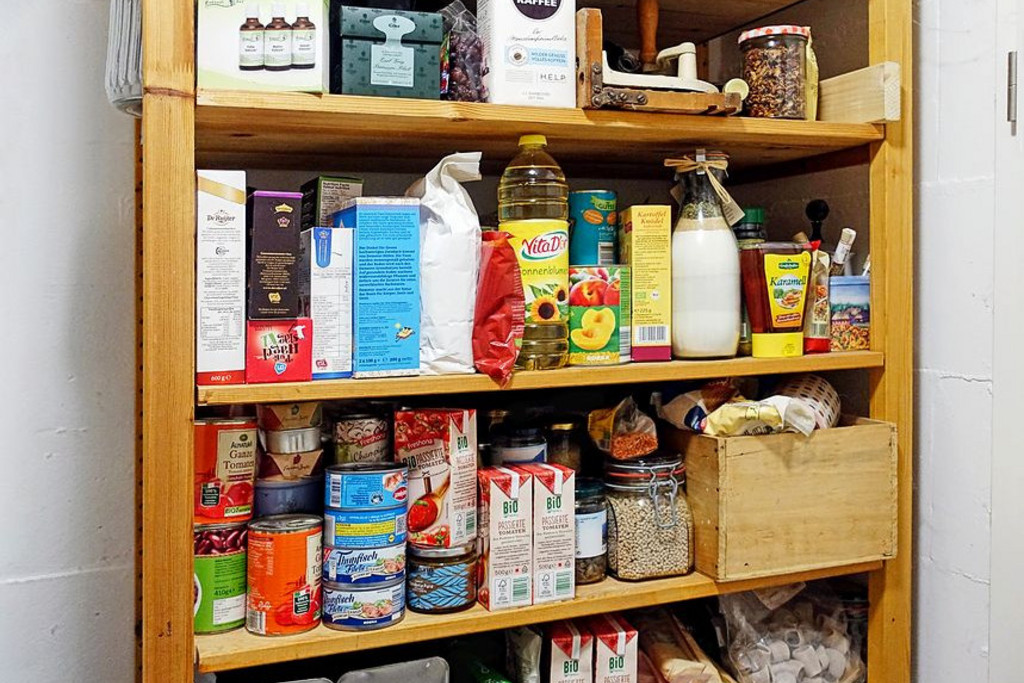
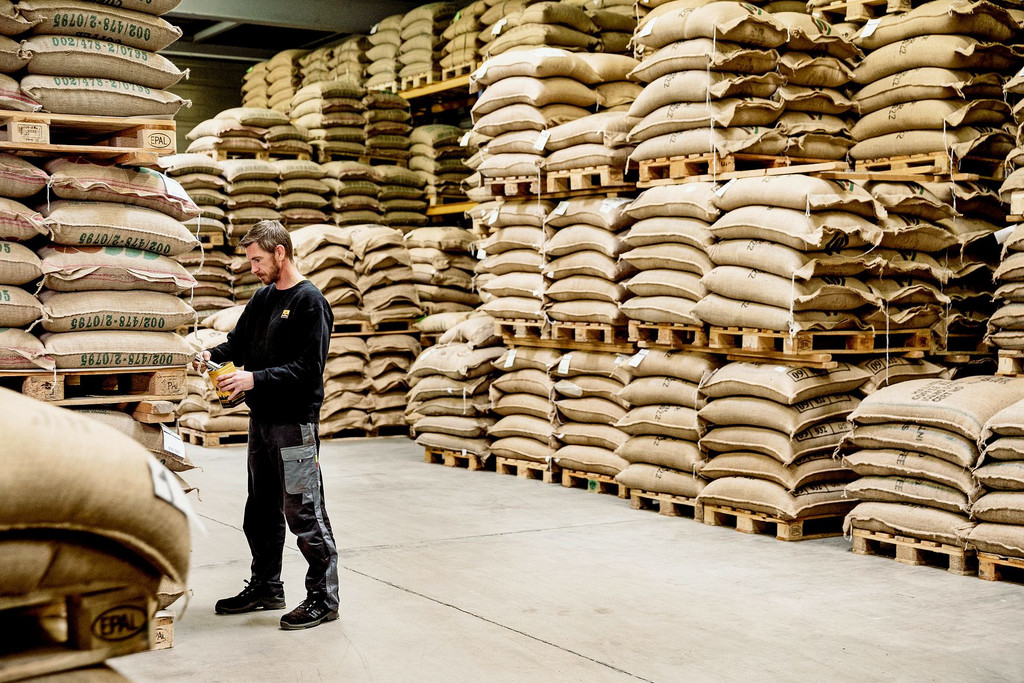
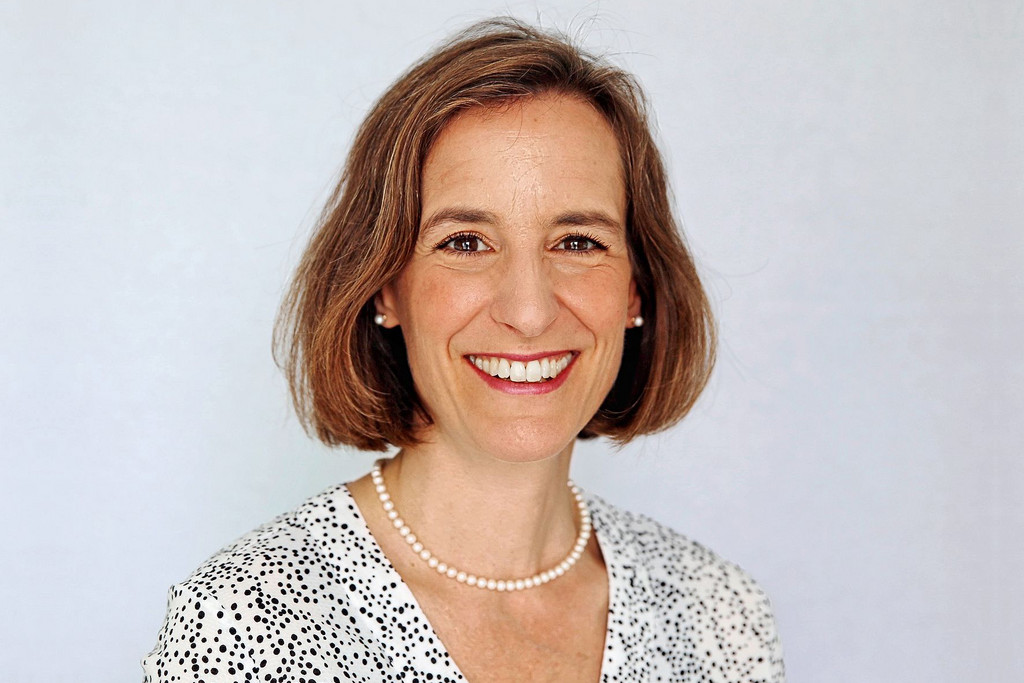
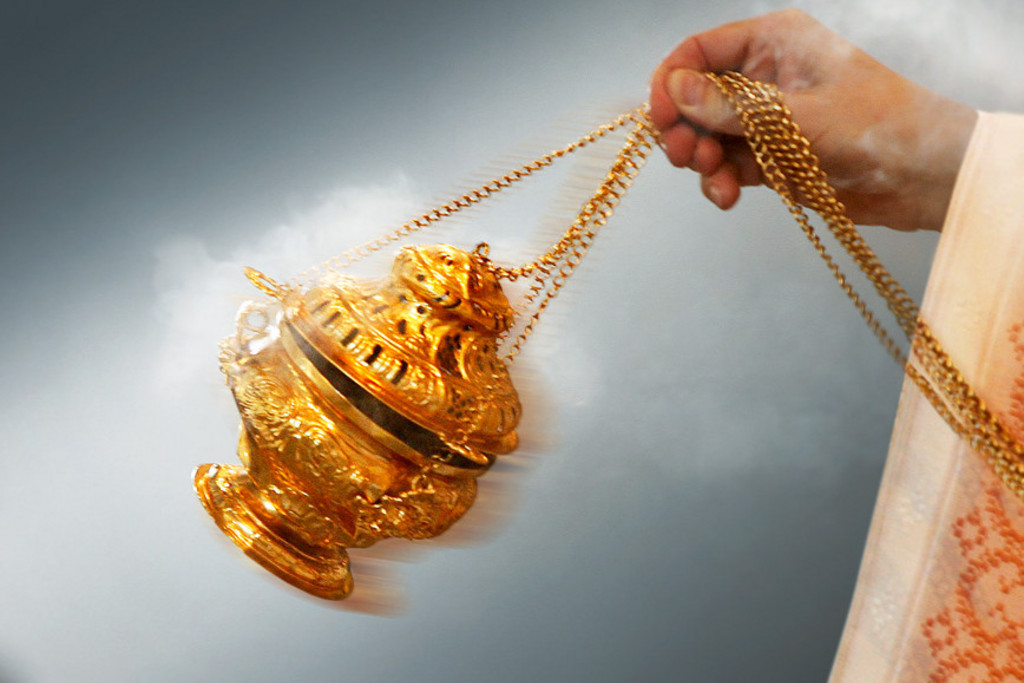
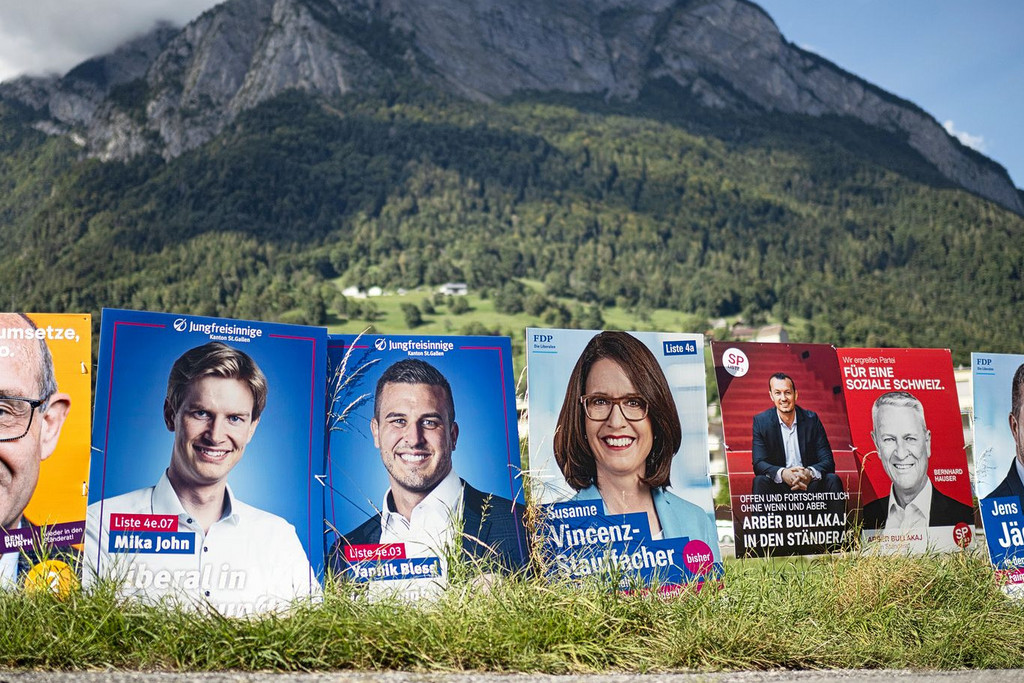
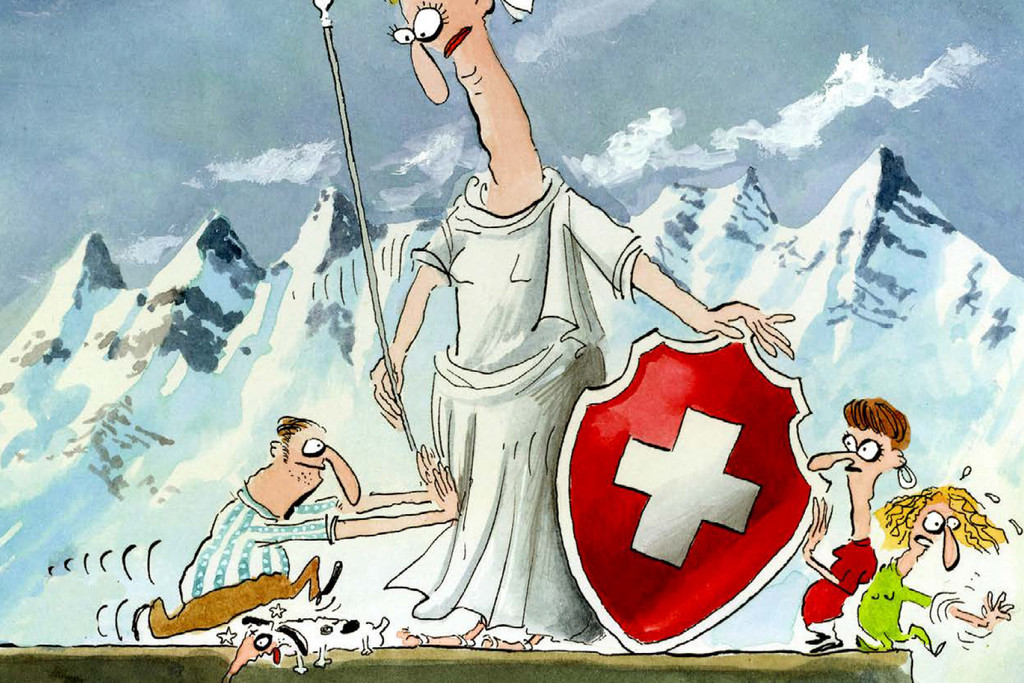
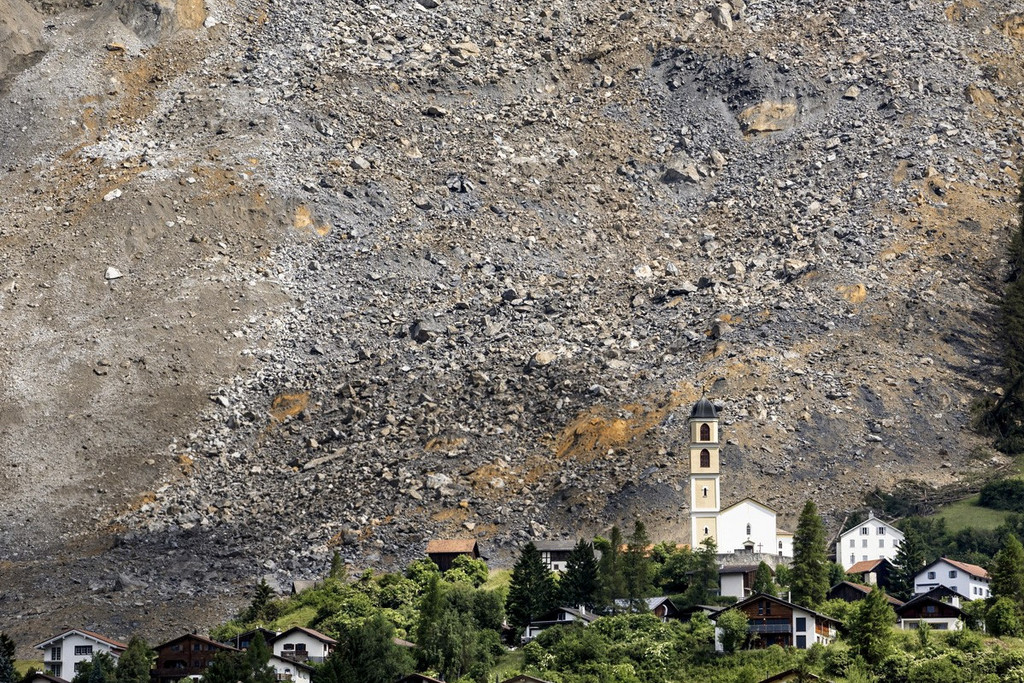
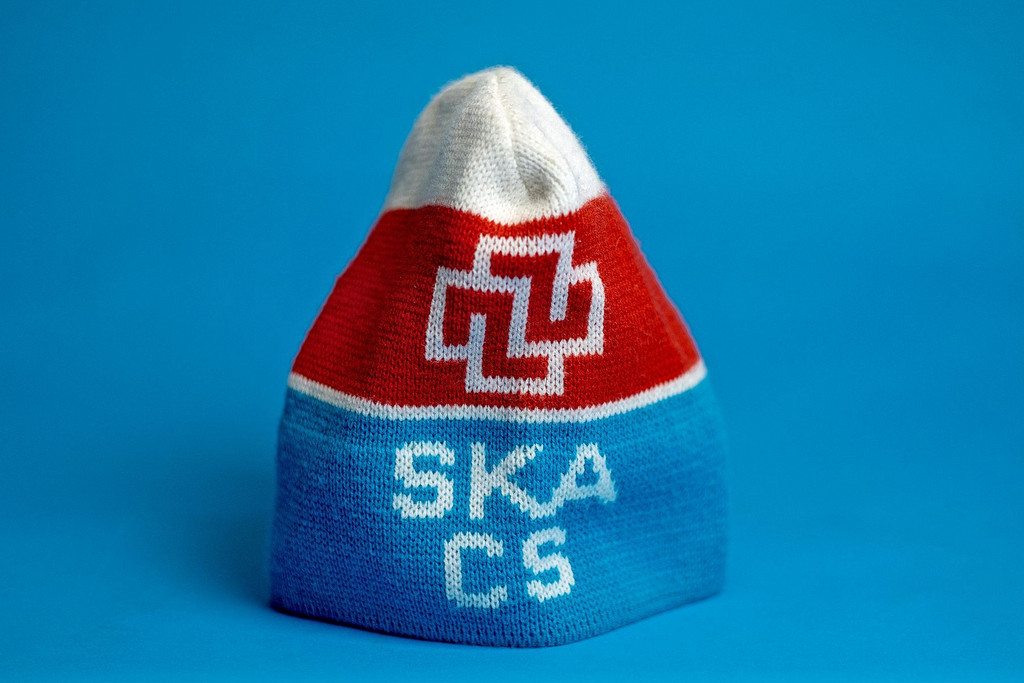




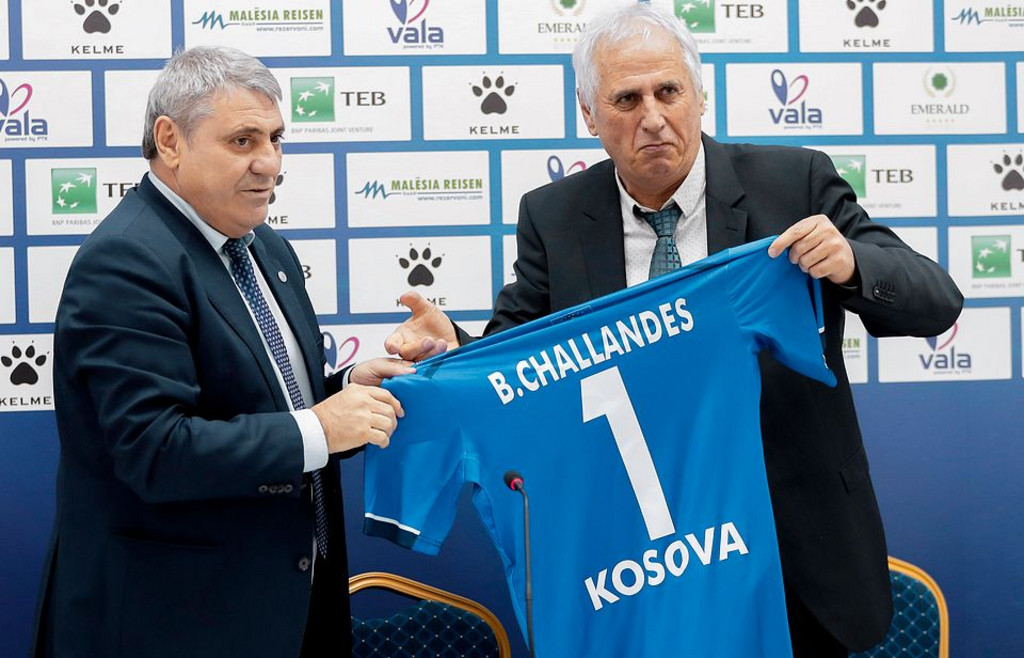
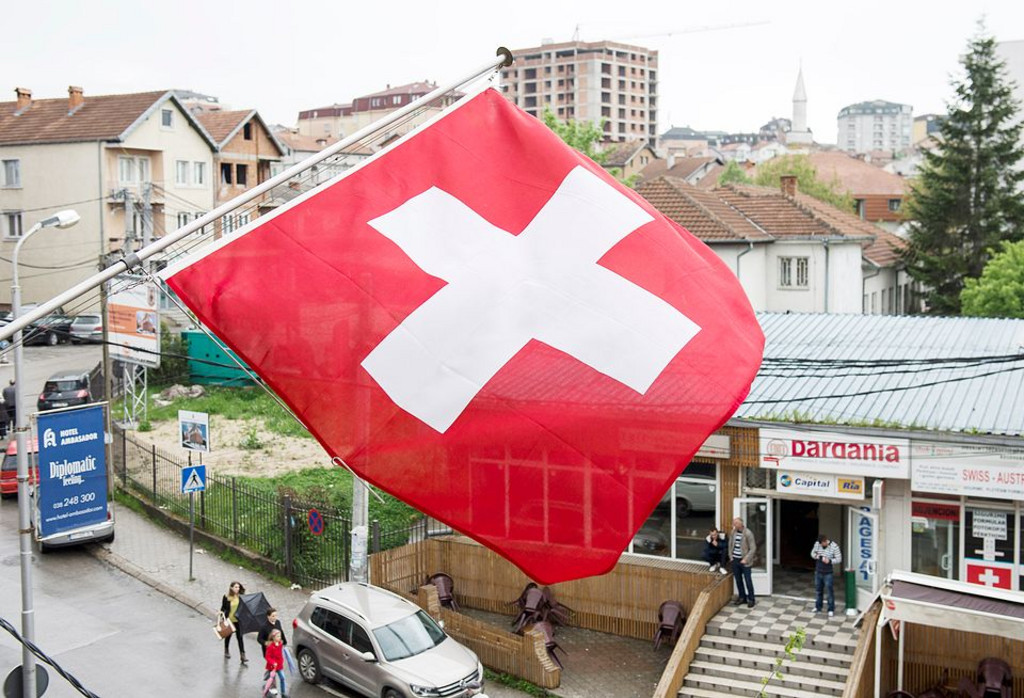
Comments
Comments :
Le cas du Kosovo est un exemple. Il y a un "mais": la religion qui à nouveau intervient d'une façon négative. Au Kosovo les musulmans s'en prennent inlassablement aux chrétiens, les volant, brûlant leurs biens, etc. L'influence sur les Kosovars/Suisses demeure. On met tous ces larcins ou crimes sur le dos de la Serbie. Cela dit, en tant qu'enseignant bénévole aux étrangers, Genève, j'ai un excellent contact avec des Kosovars. En réalité l'Islam, comme en France, est actif. Les Turcs et autres pays du Golf investissent dans cette région balkanique. Voyez en RMN, la Macédoine: les nouveaux minarets dorés dans tous les villages de montagne, construits grâce à la corruption des élus. Ce ne sont pas des mirages. Soyons attentifs.
Est-ce que la connotation exprimée dans cette phrase ne serrait pas un tout petit peu... péjorative?
"Les futures belles-mères partent à la recherche d’une future belle-fille...": Une façon tellement romantique de voir les mariages arrangés.
Le Kosovo est un enjeu politique pour les Etats-Unis et l’Europe et son histoire et conflit et purement politique. Anyway, Joyeux Anniversaire Kosovo.
Wiederaufbau von Spitälern oder im Bereich der Lehrberufe. Ich persönlich würde es schätzen, wenn in diesen Ländern Gesetzesstatute wie in der Schweiz eingeführt würden: Naturschutzgesetze, Tierschutzgesetze, Gesetze zum Schutz von Leib und Leben, Opferhilfe, Kinderschutz (insbesondere für Aussereheliche), gute Versicherungsrechte, klare Eigentumsrechte. Die Schweiz könnte in diesen Bereichen als Modell dienen.
Leider muss ich als Auslandschweizer feststellen, dass vieles, was ich eben aufgezählt habe, hier nicht existiert und auch der Wille und die moralische Bereitschaft fehlt, solche Gesetze zu schaffen. Einer der
Hauptprobleme ist aus meiner Sicht etwa die Entsorgung der Abfälle. Es existieren keine Abfallentsorgungsanlagen und die Umgebung der Städte wird zunehmend mit Abfällen verseucht. Man hat das Problem überhaupt nicht im Griff. In der Stadt Prijepolje, in der ich lebe, liegt trotz der schönen Natur viel Abfall herum. Es fehlt an Aufklärung in diesem Bereich.
Deshalb bitte ich die Vertreter unserer Diaspora, egal ob sie in Kosovo, Bosnien-Herzegowina, Montenegro oder Serbien leben, sich einzusetzen, damit mit Hilfe der Schweiz geeignete
Abfallentsorgungsanlagen gebaut werden. Damit würde ein Beitrag geleistet, dass wir der jungen Generation eine schöne Naturlandschaft hinterlassen könnten. – Goran Vasovic, Auslandschweizer in Prijepolje, Serbien